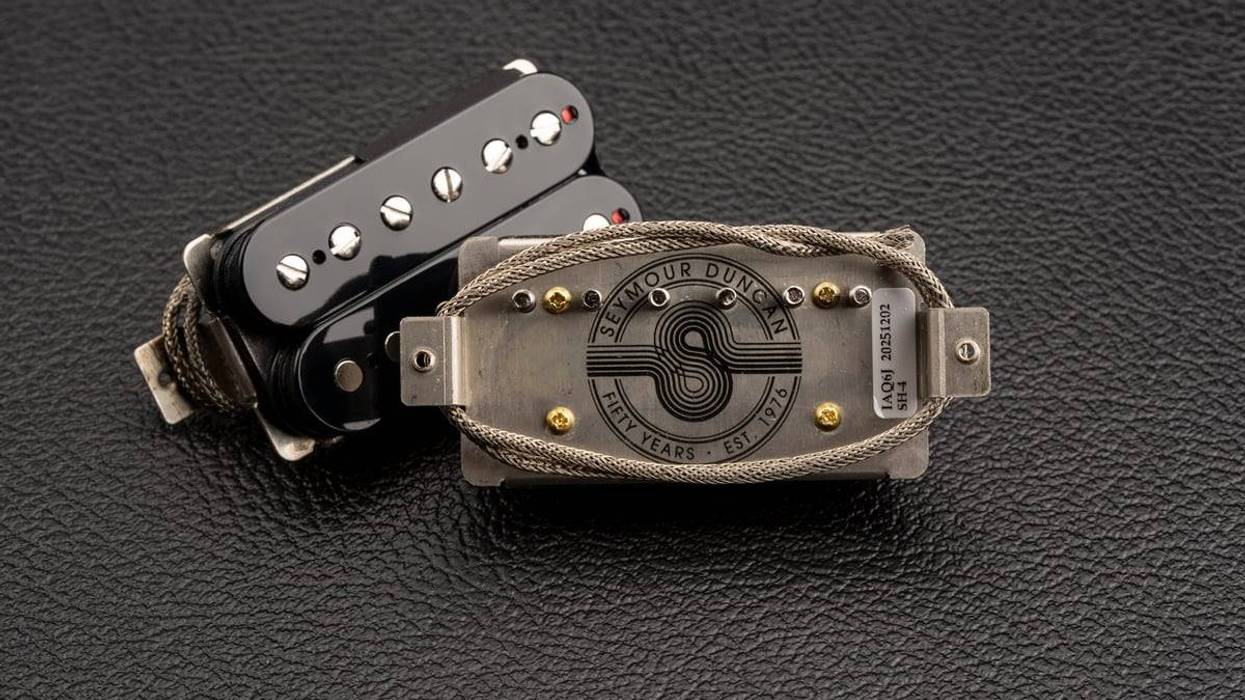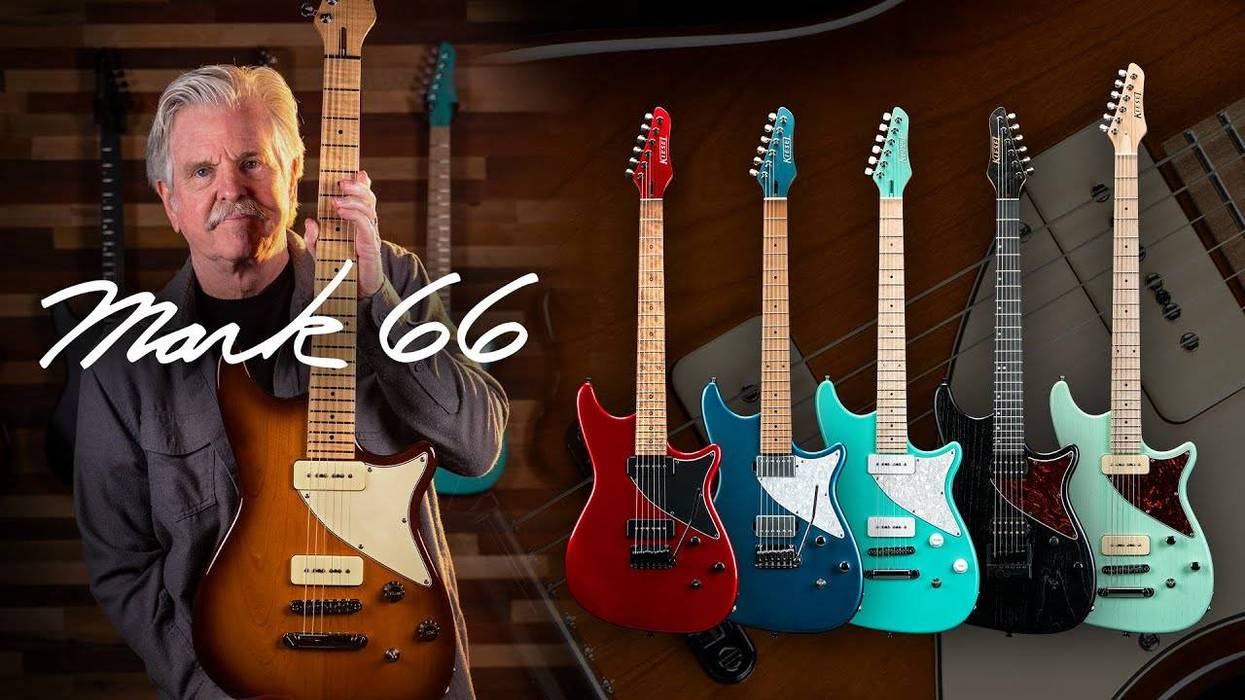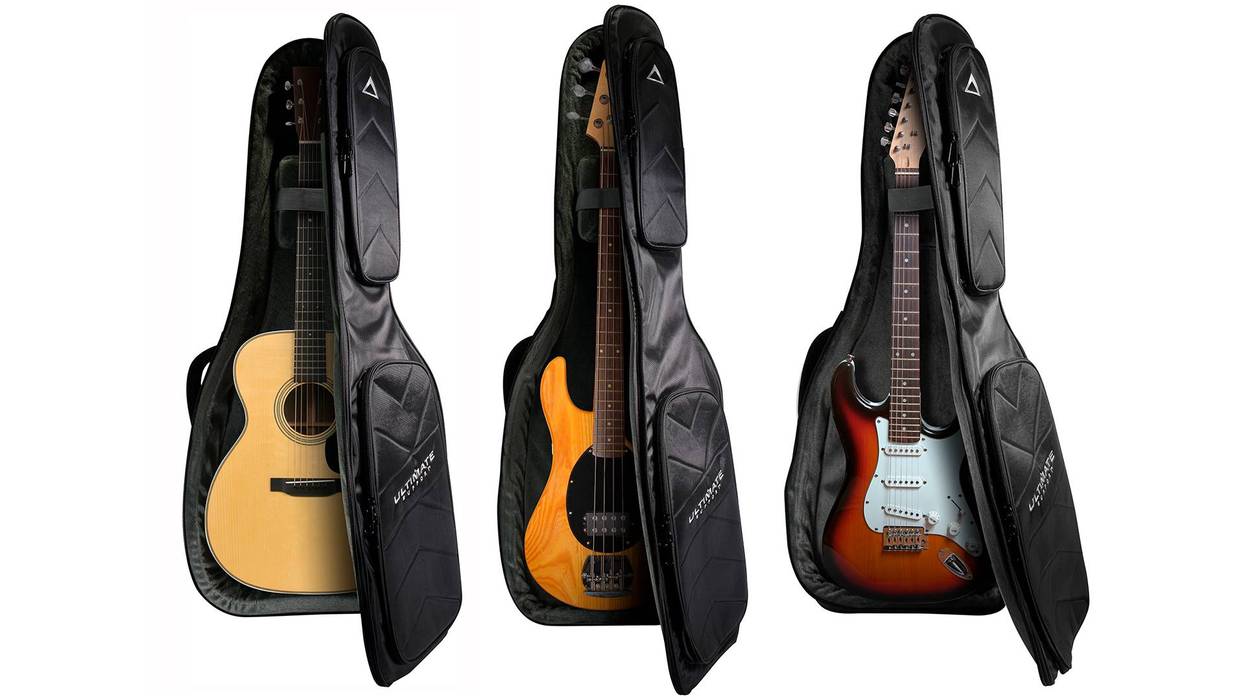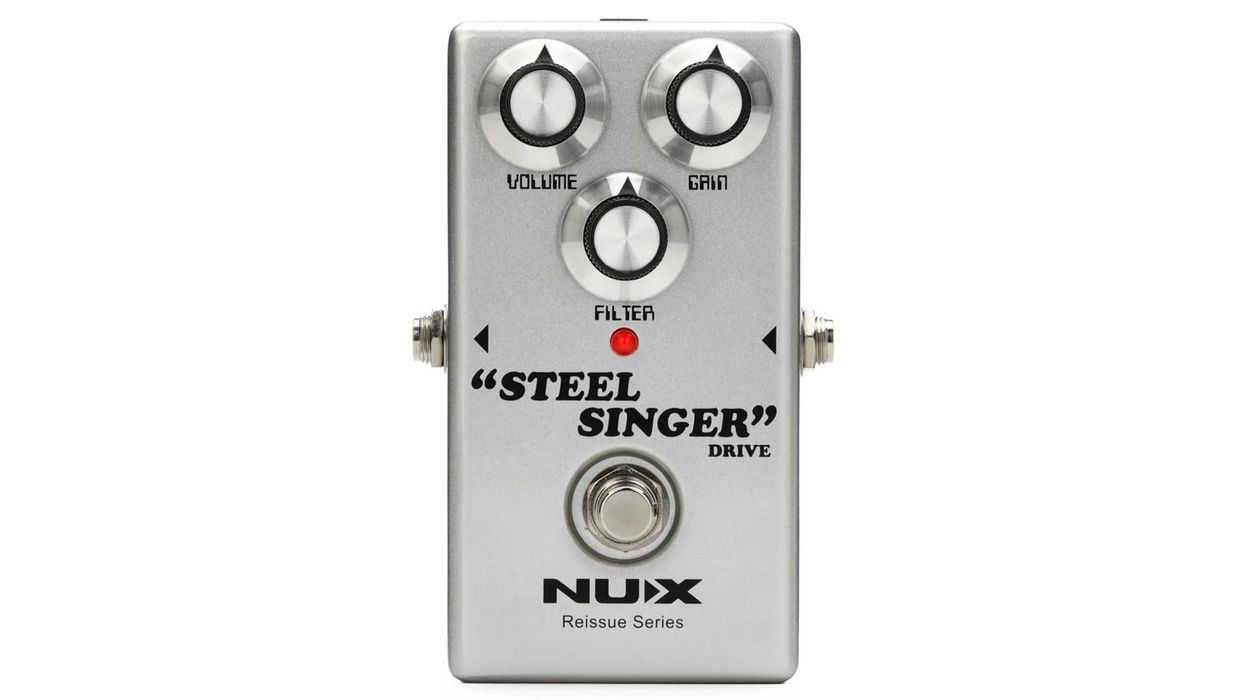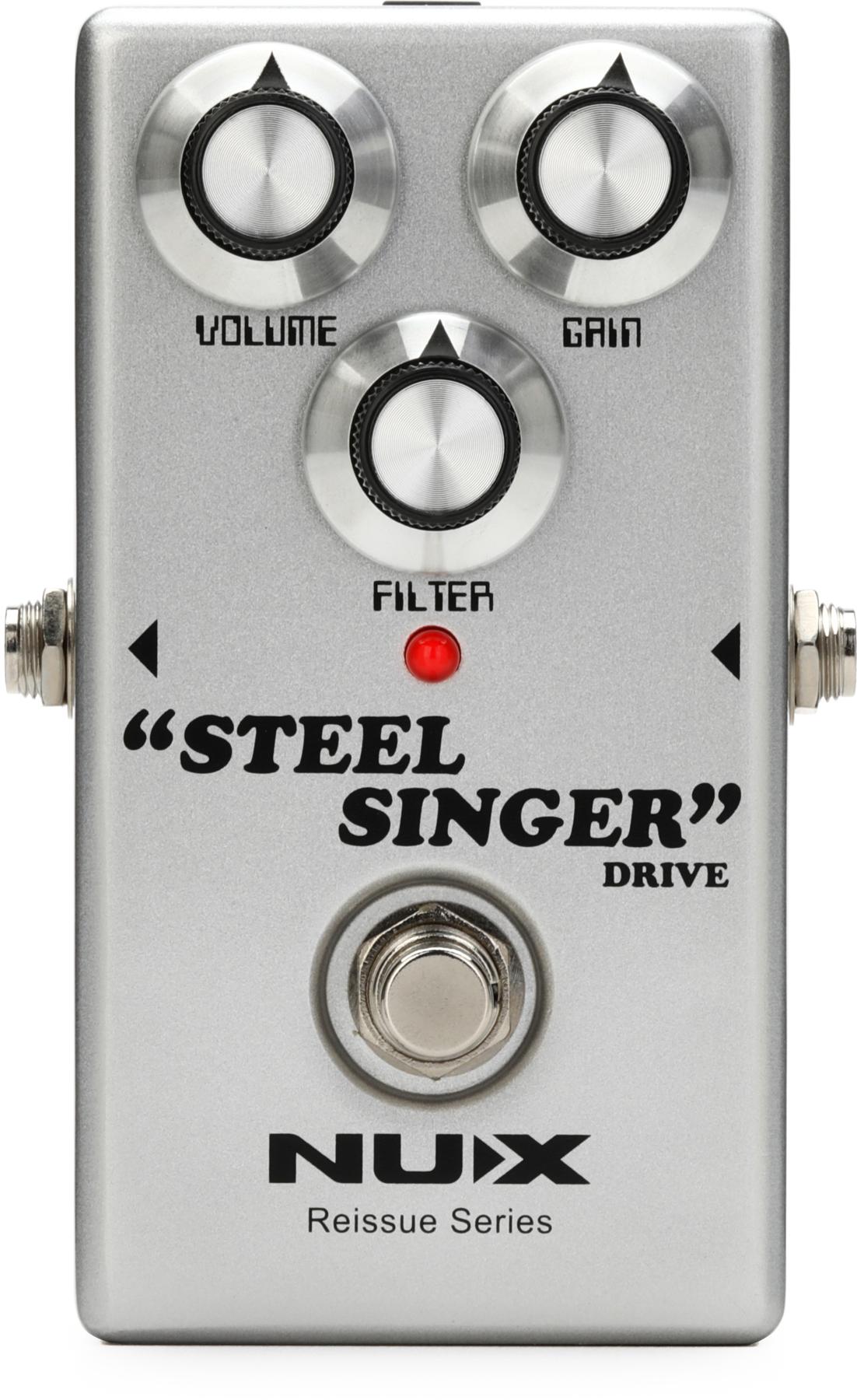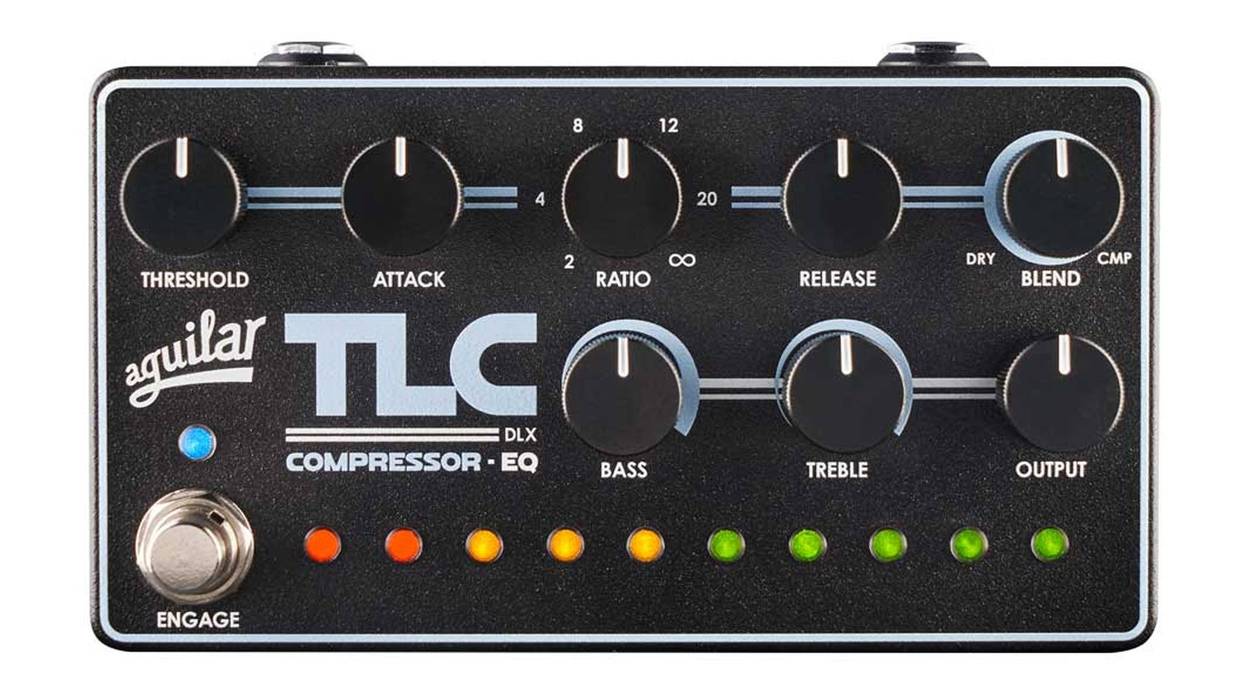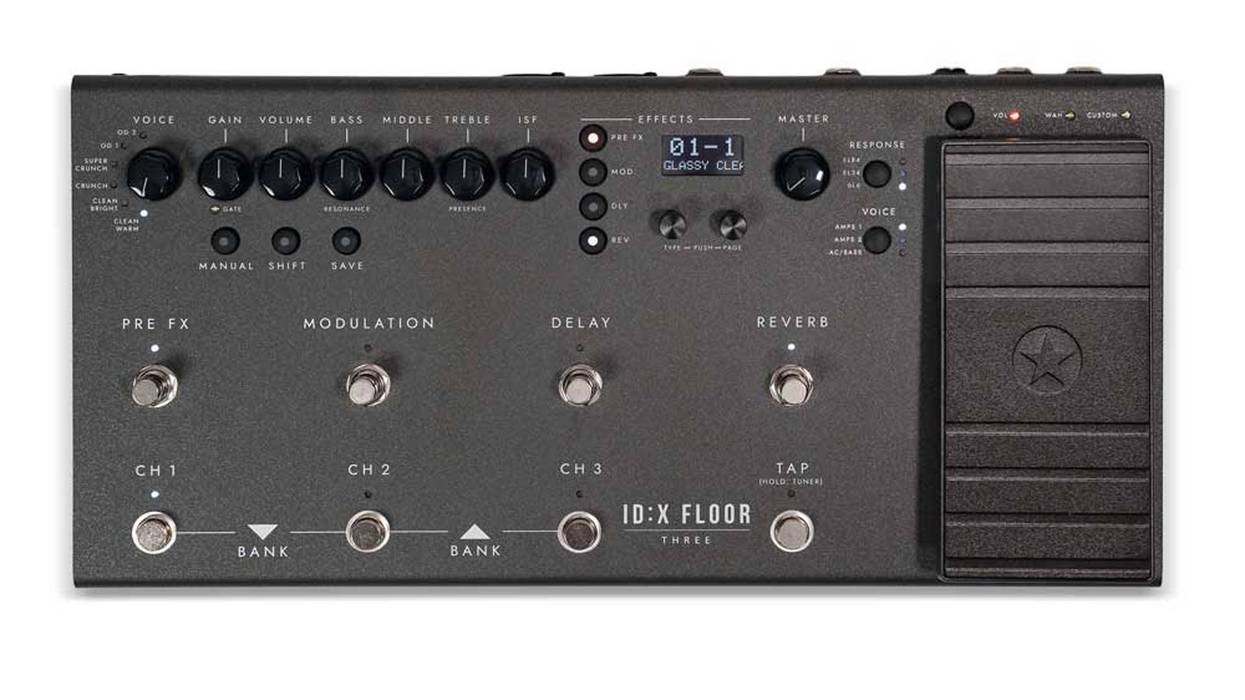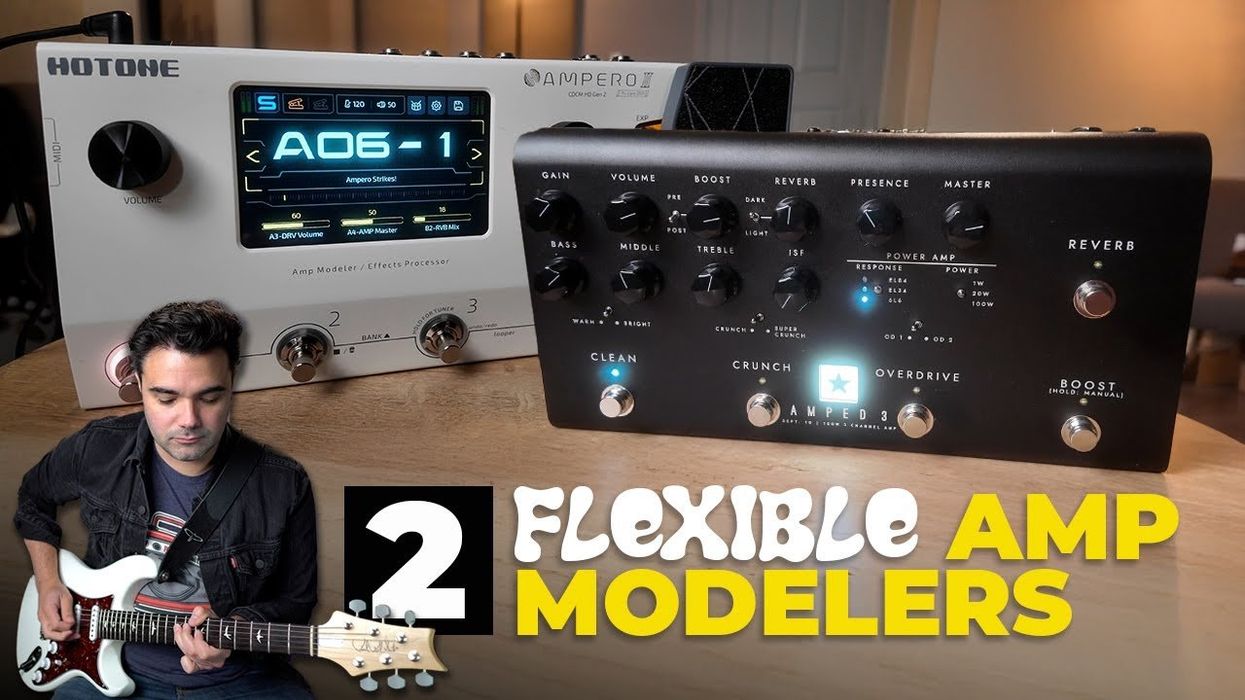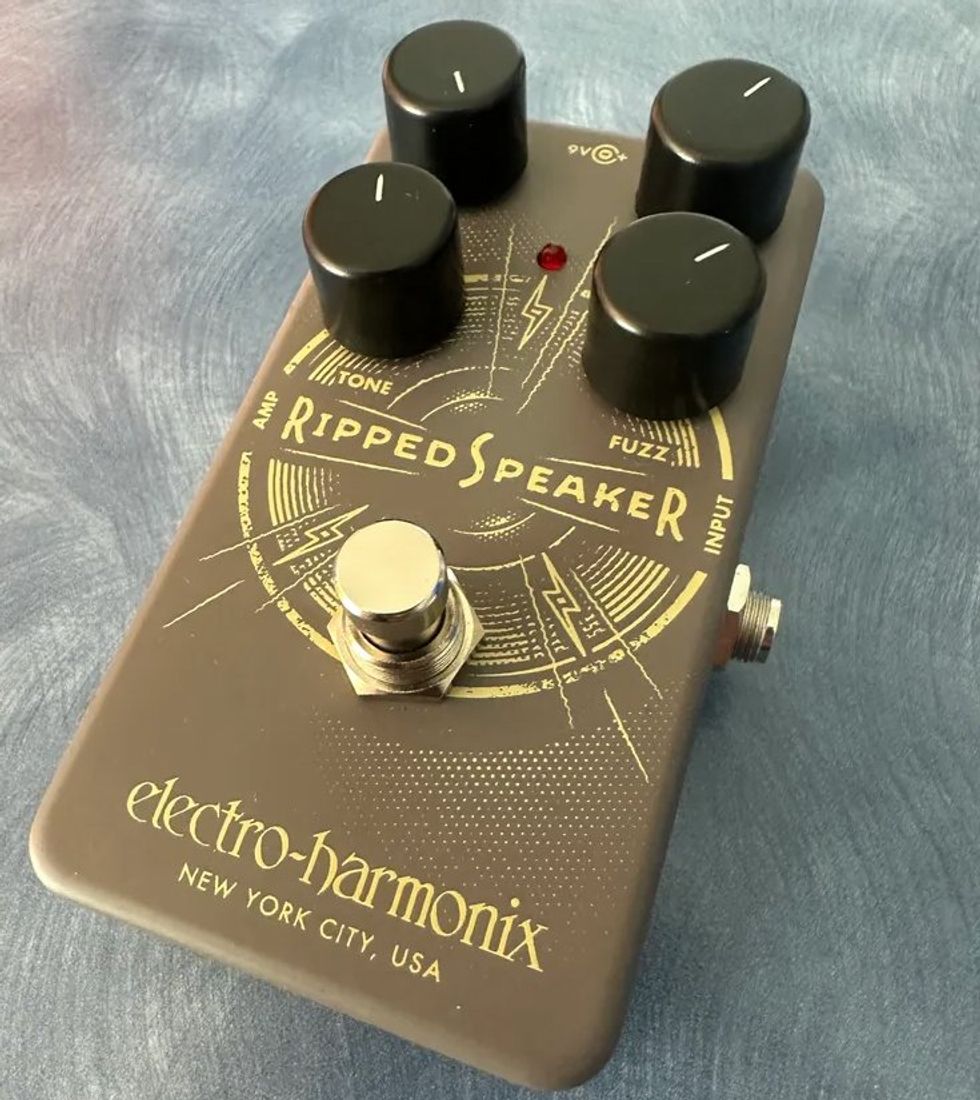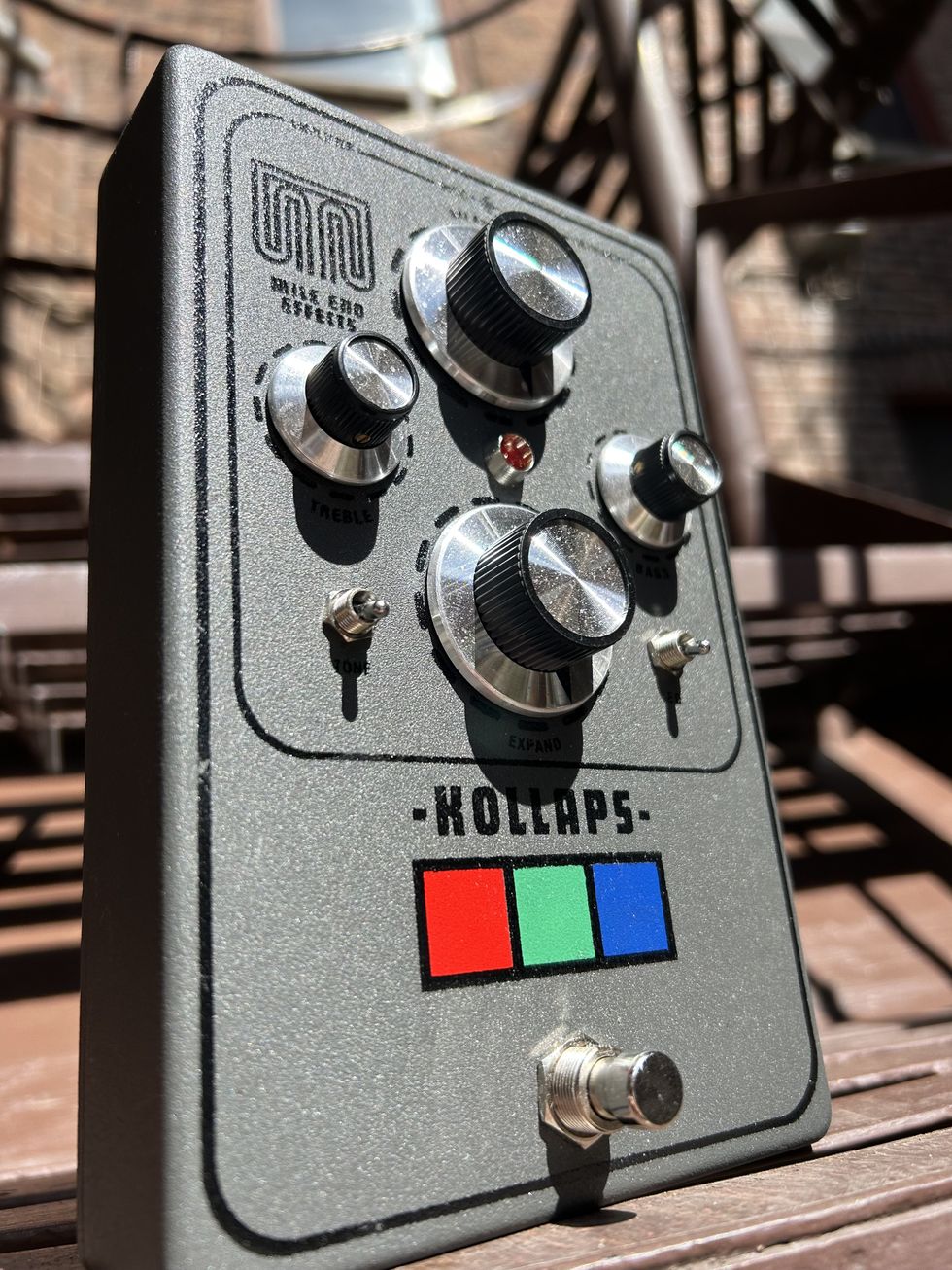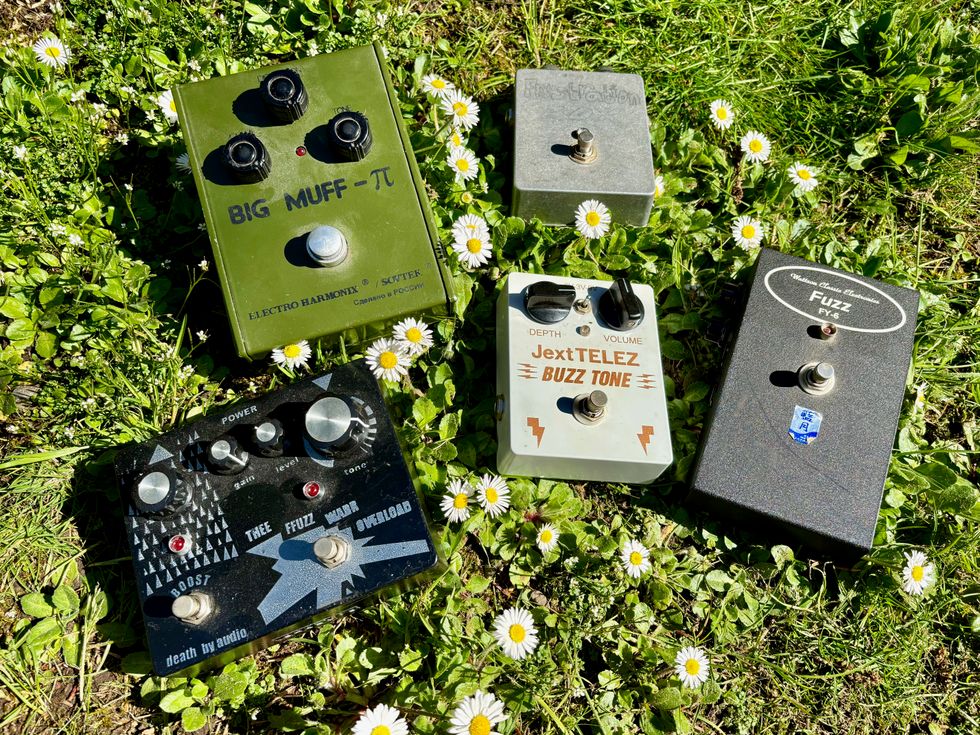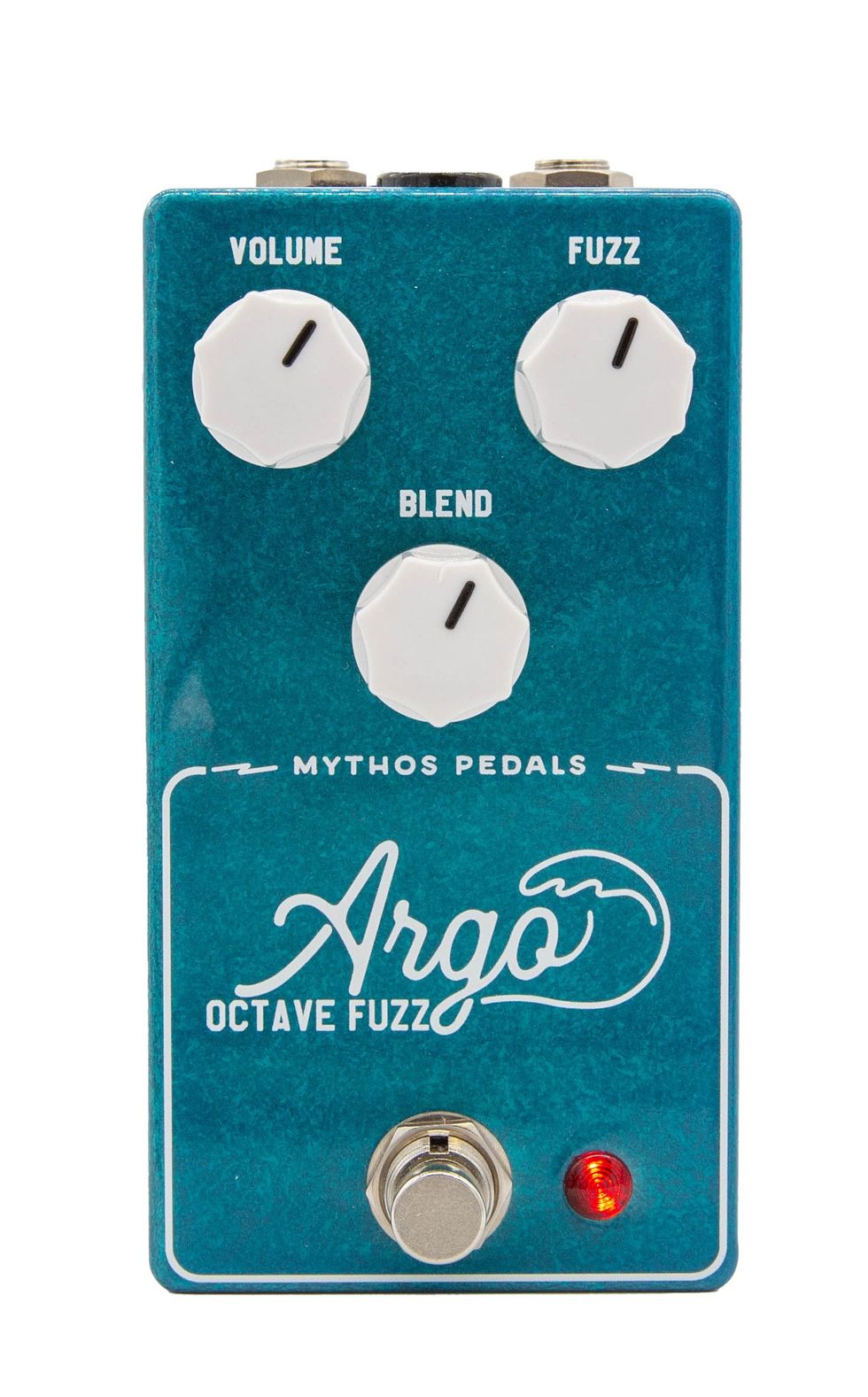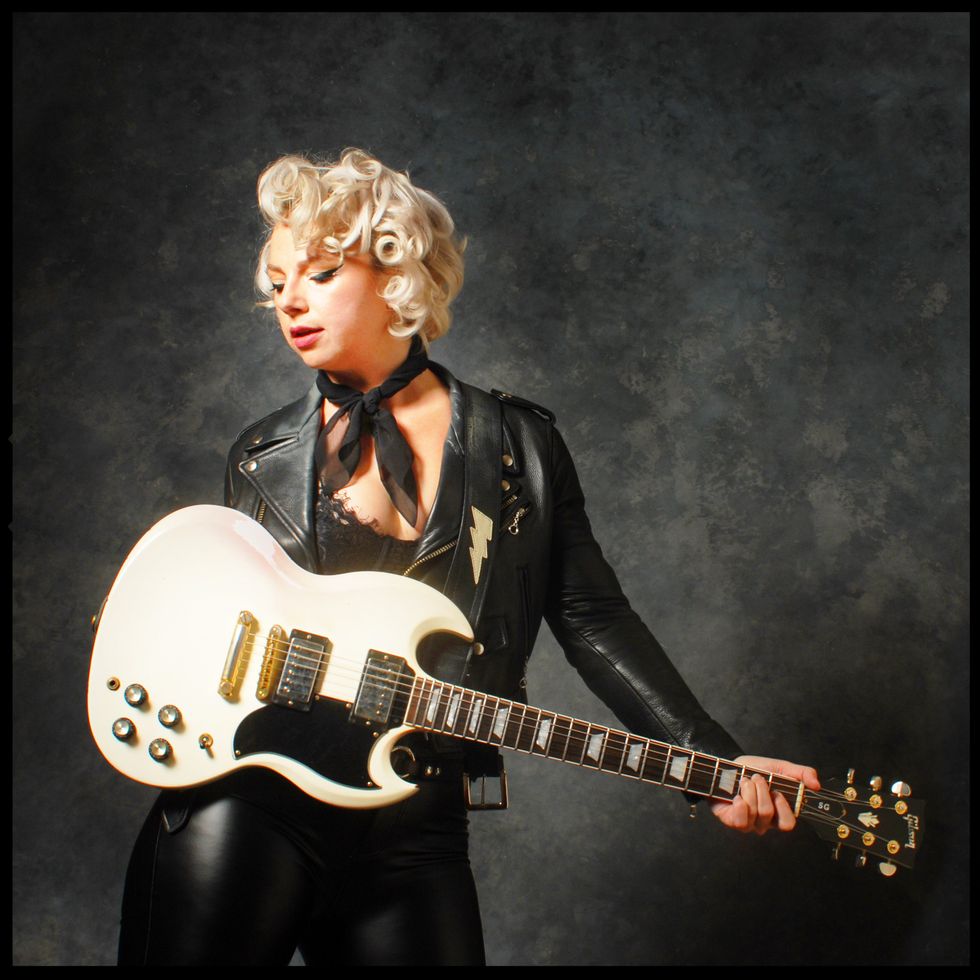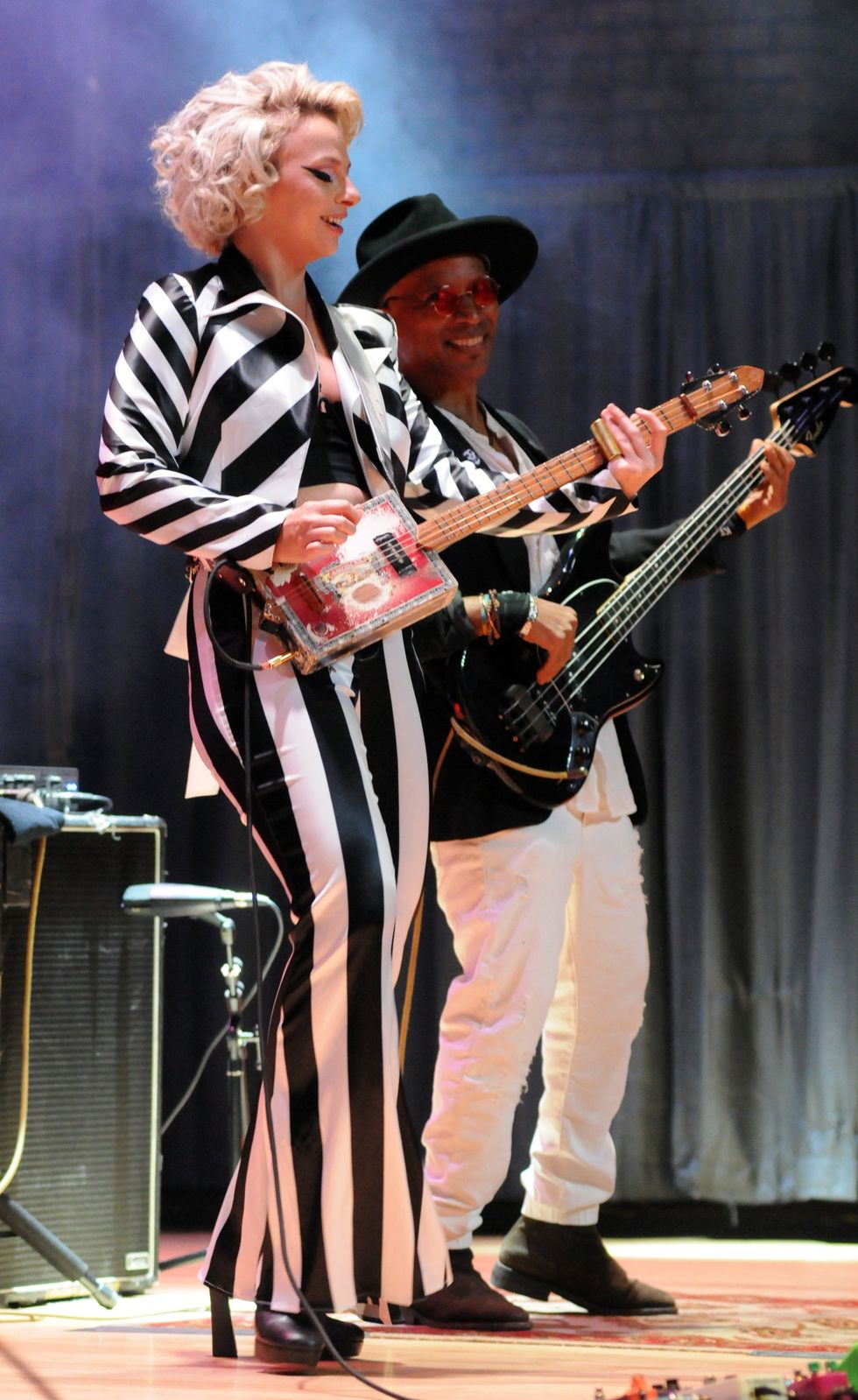Hollywood, CA (November 5, 2019) -- Fender Musical Instruments Corporation (FMIC) today announced the launch of the American Ultra Series, the most-advanced modern guitar from Fender. An evolution of American Elite – Fender’s premier electric series that launched in January 2016 – the Ultra Series boasts all-new modern features, state-of-the-art craftsmanship and nuanced design. Luxurious, sleek and cutting-edge, this series sets a new industry standard for precision, performance and feel with Ultra Noiseless pickups and Fender’s fastest-playing necks. Created for a wide range of today’s highly-skilled modern artists, session and working guitarists, this series also offers a new body design and contours – a pivotal moment in Fender history, decades since the last significant alteration to the iconic Fender Stratocaster or Telecaster body shapes.
Since 1946, Fender has embraced artist and player feedback as the core driver of its process, leading to decades of subtle yet crucial innovations. These thoughtful changes in design and technology can’t always be seen by the naked eye, but are meaningful to artists who crave products that evolve with the times. As younger players create new sounds, meld existing genres and push the limits of what a guitar can do, Fender products also continue to evolve.
“The American Ultra Series is our most advanced series of guitars and basses for discerning players who demand the ultimate playing experience in precision, performance and tone,” said Justin Norvell, EVP of Product at Fender. “Blending state-of-the-art engineering and nuanced design to provide a high-performance experience for today’s player, American Ultra is the next chapter in Fender’s legacy of cutting-edge innovation. American Ultra has truly been decades in the making and is a result of our tireless commitment to meet the needs of today’s working and touring guitar players looking for a modern feel and tone.”
Inspired by Fender’s never-ending pursuit to equip players with the best tools to create, record and perform music, American Ultra is Fender’s most advanced series of instruments – providing the ultimate in precision, performance and tone. The series answers the call from discerning players looking for modern advancements to help them create at the highest level. One of these elevated features is the all-new “Modern D" neck with a compound-radius fingerboard, smooth American Ultra satin back finish and extremely rolled edges. The result is a neck that’s slim and fast – yet ergonomic and comfortable – for blazing solos and easy comping without sacrificing tone and resonance.
Features:
- New body contours: For next level comfort and playability, Fender redesigned the body contours of its most iconic models for the first time in decades. New back body curves offer hours of gigging comfort while a super-sculpted neck heel gives players unparalleled access to the upper register of the fingerboard, resulting in better accessibility and comfort.
- Noiseless pickups: American Ultra instruments feature two types of innovative new noiseless pickups: Ultra Noiseless™ Vintage pickups deliver authentic Fender single-coil sound – without hum. Ultra Noiseless™ Hot pickups offer modern performance and classic tone so you can launch your amp into overdrive.
- HiMass bridge: With lots of metal, lots of mass and a cool modern look, the HiMass bridge on American Ultra basses delivers serious sustain, precise intonation and rock-solid tuning stability.
- Double Tap Humbucker: The American Ultra HSS Strat features a brand-new Double Tap Humbucker with an overwound coil to ensure matched volume between pickups in coil split mode.
- Redesigned preamp with active/passive switching: A redesigned preamp on American Ultra basses features three bands of active boost/cut for sweeter highs, focused mids and lots more usable bass. For a more traditional tone, the redesigned pickups can also be used in passive mode.
- New colors: American Ultra instruments are available in a variety of colors, including: Cobra Blue, Mocha Burst, Texas Tea, Arctic Pearl, Aged Natural, Plasma Red Burst and Ultraburst.
- Advanced electronics: All American Ultra guitars feature a treble-bleed circuit to preserve high-end response at any volume – plus advanced wiring options that activate different high-performance features depending on the model.
Models Include:
- American Ultra Stratocaster - $1,899.99 - $1,999.99
- American Ultra Stratocaster HSS - $1,899.99 - $1,999.99
- American Ultra Telecaster - $1,899.99 - $1,999.99
- American Ultra Precision Bass - $1,899.99 - $1,999.99
- American Ultra Jazzmaster - $1,999.99 - $2,099.99
- American Ultra Jazz Bass - $1,999.99 - $2,099.99
- American Ultra Jazz Bass V - $2,099.99 - $2,199.99
Watch the company's video demo:
For more information:
Fender



